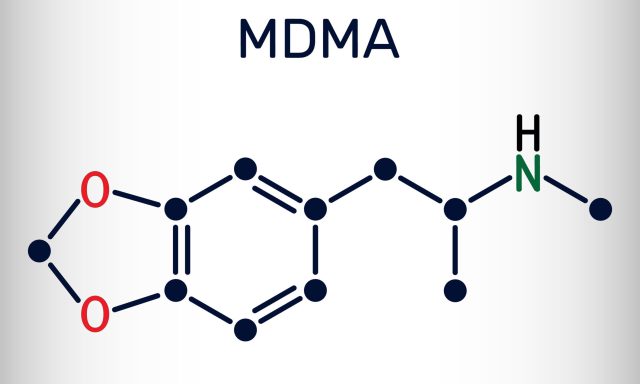Course Summary
Practice Level: Intermediate
MDMA, also known as Ecstasy or Molly, is the drug of choice within the rave culture and it is a popular option at house parties, clubs, and festivals. It is an illegal drug that is often mixed with other substances, which increases its potentially harmful effects. MDMA is a stimulant that has psychedelic effects; a sense of euphoria and increased energy. However, over the long-term the drug may lead to fatigue and depression. Therapists need to be aware of the effects of MDMA use, and they need to be aware that MDMA users tend to use the drug in conjunction with other substances or alcohol. These combinations can heighten the short-term and long-term impact on users. On the other hand, research focused on whether MDMA has therapeutic benefits for certain cognitive disorders has been underway.
Course Format
This course contains downloadable online lessons (PDF) and a practice test. When you’re ready, purchase the course by clicking the “Add To Cart” or “Enroll” button. This will let you take the test, complete the course evaluation and receive your certificate for CE credits.
Learning Objectives
- Explain the history and use of MDMA
- Discuss the physical and cognitive effects of MDMA use
- Describe MDMA use and addiction treatment
- Discuss MDMA’s potential use as a therapeutic agent
Course Syllabus
- MDMA: Schedule I Substance
- MDMA’s Addictive Properties
- MDMA Use: Short-term Effects
- MDMA Use: Long-term Effects
- MDMA-induced Neurotoxicity
- Functional Decision-making and Substance Use
- Effects of MDMA on Memory
Combining MDMA With Other Substances
- MDMA Drug Interactions
- MDMA and Alcohol
- MDMA and Cocaine
- MDMA, Cocaine and Alcohol: A Lethal Combination
- MDMA and Caffeine
- MDMA and Cannabis/Sedatives
- Emergency Room Encounters
- National Center for Health Statistics
- Psychosocial Treatment
- Inpatient Hospitalization and Residential Treatment
- Outpatient Treatment
- A Vaccine for Drug Addiction
- Post-traumatic Stress Disorder
- MDMA Assisted Therapy for Autism
- Other Studies on MDMA’s Therapeutic Use
- MDMA: Federal Restrictions and Penalties
Authors
Jassin M. Jouria, MD
Jassin M. Jouria is a medical doctor, professor of academic medicine, and medical author. He graduated from Ross University School of Medicine and has completed his clinical clerkship training in various teaching hospitals throughout New York, including King’s County Hospital Center and Brookdale Medical Center, among others. Dr. Jouria has served as a test prep tutor and instructor for Kaplan. He has developed several medical courses and curricula for a variety of educational institutions. Dr. Jouria has also served on multiple levels in the academic field including faculty member and Department Chair. Dr. Jouria continues to serves as a Subject Matter Expert for several continuing education organizations covering multiple basic medical sciences.
Accreditation Approval Statements
CE4Less.com is approved by the American Psychological Association to sponsor continuing education for psychologists. CE4Less.com maintains responsibility for this program and its content.
CE4Less.com has been approved by NBCC as an Approved Continuing Education Provider, ACEP No. 6991. Programs that do not qualify for NBCC credit are clearly identified. CE4Less.com is solely responsible for all aspects of the programs.
CE4Less.com, provider #1115, is approved as an ACE provider to offer social work continuing education by the Association of Social Work Boards (ASWB) Approved Continuing Education (ACE) program. Regulatory boards are the final authority on courses accepted for continuing education credit. ACE provider approval period: 08/08/21-08/08/24. Social workers completing this course receive 3 clinical continuing education credits.
Courses have been approved by CE4Less.com, as a NAADAC Approved Education Provider, for educational credits. NAADAC Provider #91345 CE4Less.com is responsible for all aspects of the programming.
We are committed to providing our learners with unbiased information. CE4Less never accepts commercial support and our authors have no significant financial or other conflicts of interest pertaining to the material.


